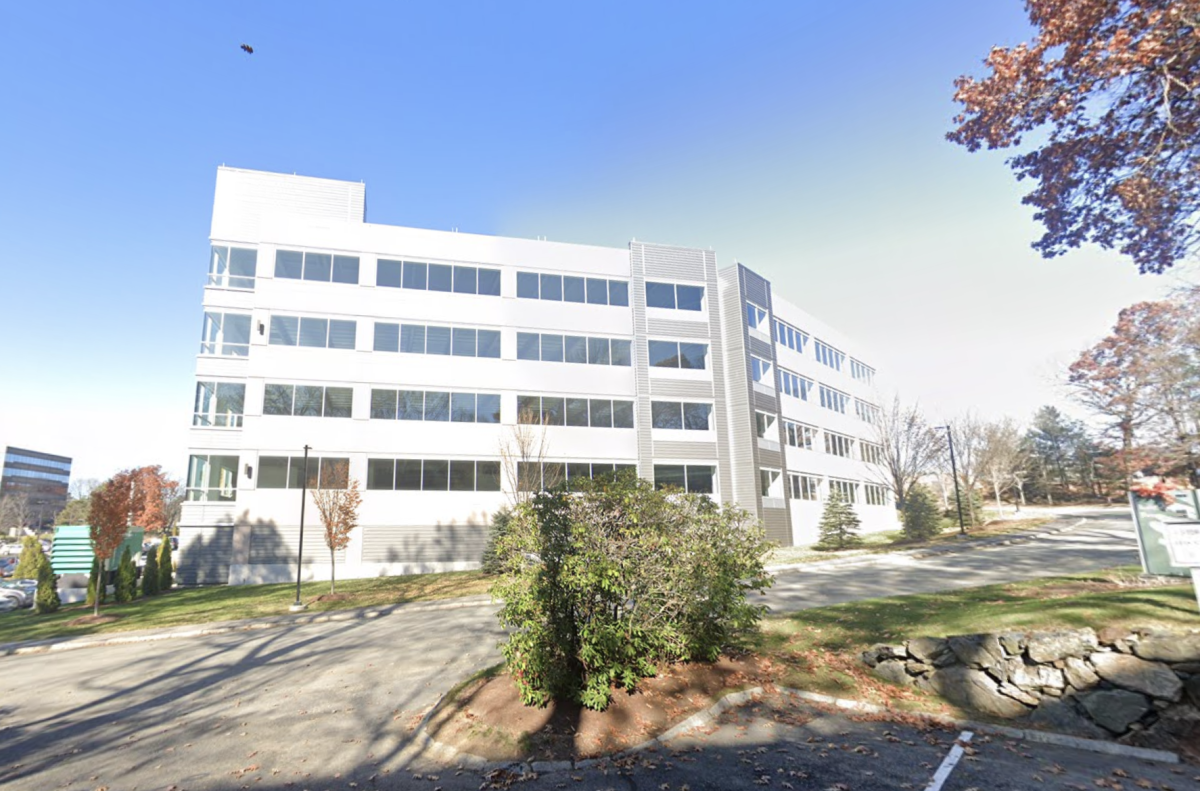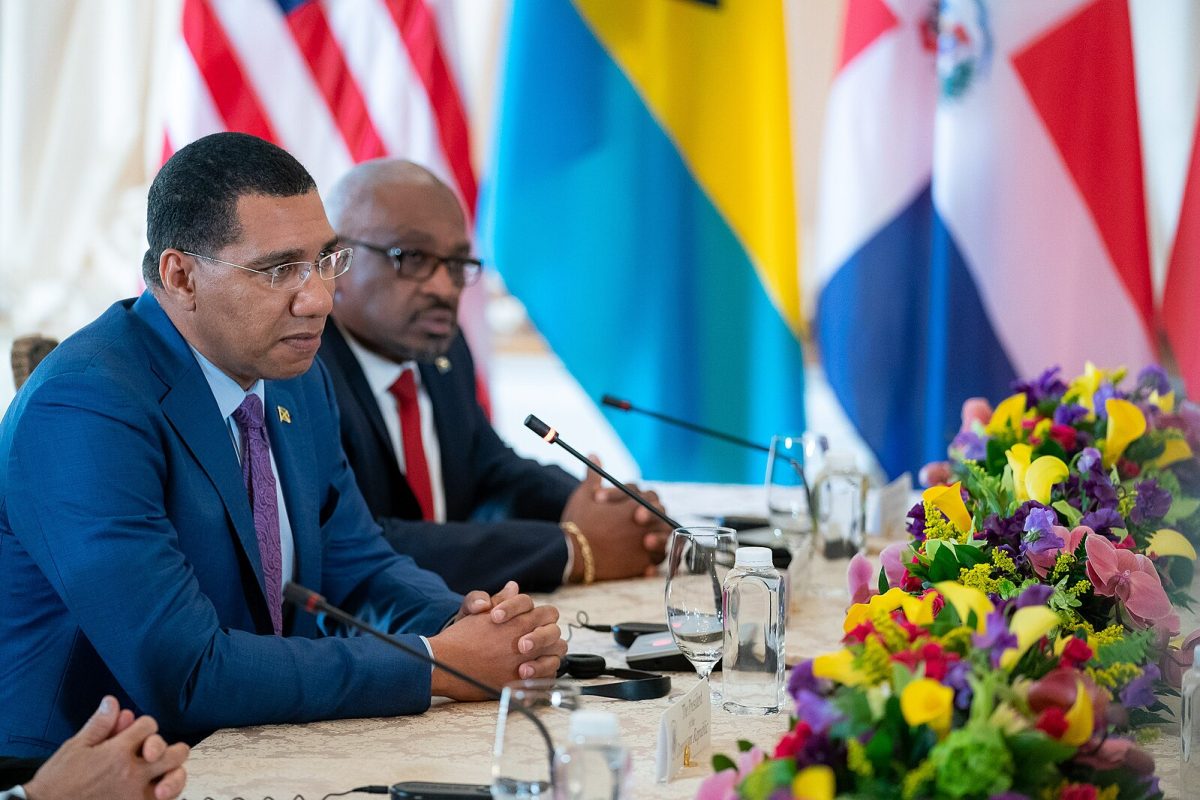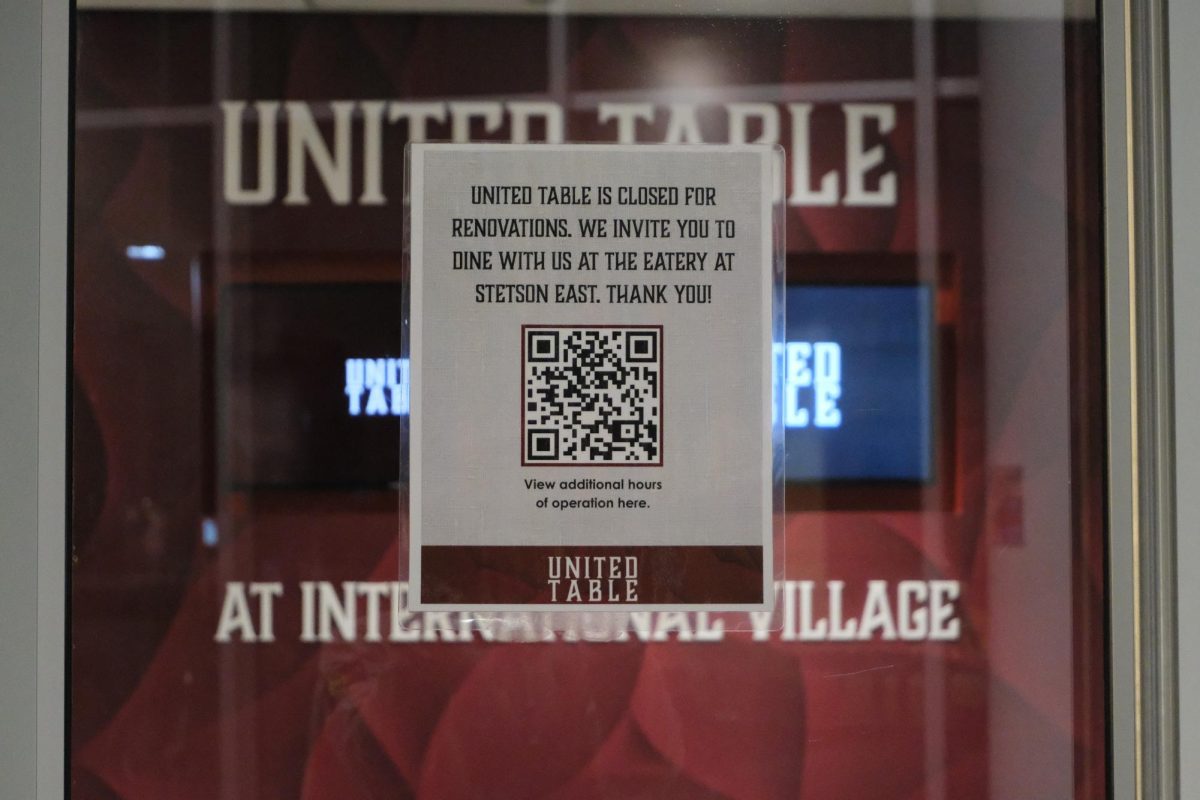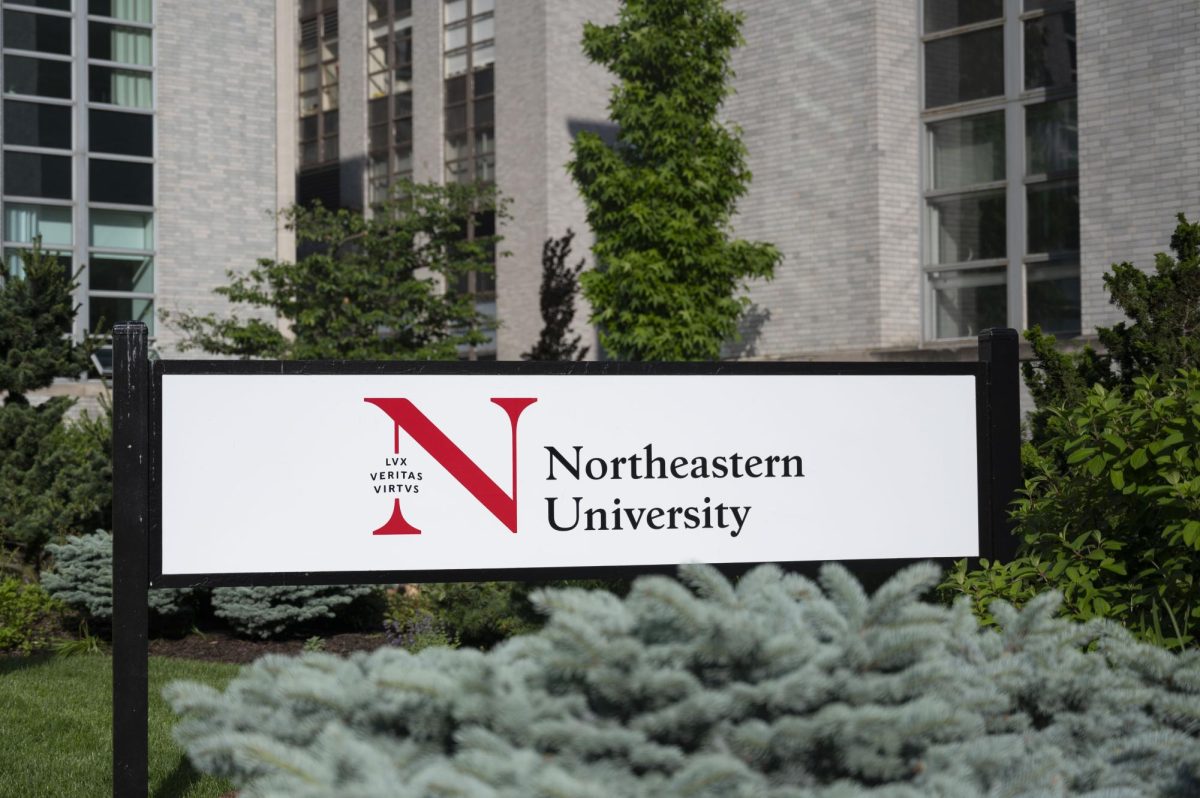By C. G. Lynch
Six years ago, Northeastern’s Modern Languages Department asked incoming professor Harry Kuoshu to build a Chinese Studies program.
Teaching the majority of the classes, he did just that, providing integral courses for the uprising interest in Asian Studies at the university. When Kuoshu applied for tenure last March, the process seemed a mere formality.
With unanimous support from both the Modern Language Department and the College of Arts and Sciences committees on tenure, his dossier was sent to the office of Provost Ahmed Abdelal, who rejected Kuoshu’s request.
“I was very shocked,” Kuoshu said. “I try to forget about it. I focus on my work and on my research.”
In the Faculty Handbook,, tenure guarantees a faculty member permanent employment, except for in extreme circumstances, and the opportunity to focus more on research.
The author of three books, Kuoshu believes his rejection stemmed from criticism of his publications by external reviewers — experts hired by the university to evaluate the research of tenure-track professors.
Kuoshu was recently nominated and named to “Who’s Who Among American Professors.” His tenure rejection has brought forth a wave of protest from his students, who have been actively writing to President Richard Freeland.
Upon the provost’s decision, Kuoshu sent his dossier to an appeals board on tenure — comprised of 13 members — who voted 7-6 to uphold Abdelal’s perogative. Under university policy, only the president can now overturn the decision.
“Right now, it’s in the president’s hands,” Kuoshu said. “In a way, it’s very rare for the president to disagree with the provost.”
Neither Abdelal nor Freeland would address the matter directly.
“It would not be appropriate for me to publicly discuss personnel decisions,” Abdelal said.
In past tenure cases, the president has rarely dissented from the provost’s decision. But due to the onslaught of grievances regarding Kuoshu, Freeland acknowledged the students’ objections as an issue for consideration.
“Like the provost, the president should not comment publicly on personnel matters, particularly all-important tenure cases,” Freeland said. “I will tell you that, as a general matter, input from students is a vital part of the tenure review process. Material about student opinion is routinely included in tenure files and both the provost and I take this information very seriously.”
As the current administration pushes to make Northeastern a strong research university, Kuoshu said this trend of undervaluing teaching abilities could continue.
“The tenure sometimes does not seem to play a balance between research and teaching,” he said. “If you’re a good scholar, but only a so-so teacher, you might get tenure.”
Kuoshu’s students have come vocally to his side as he makes his appeal to the administration. Spearheading the movement is Dennis Su, a junior finance major. A student of Chinese II with Kuoshu last winter, he believes if Freeland does not overturn the provost’s decision, the Asian Studies minor and Chinese Studies program will suffer or possibly crumble altogether.
“He’s a very honest and dedicated person,” Su said. “He’s been here six years, and he’s the only full-time Chinese teacher at this school.”
Jennifer Novack, the student who nominated Kuoshu to “Who’s Who Among American Professors,” is a senior international affairs major studying abroad in Tokyo. Like Su, she hopes the administration will reconsider the provost’s decision.
“I feel that Professor Kuoshu’s tenure is crucial to the correct development and progression of the Asian Studies minor at Northeastern,” Novack said. “As an international affairs major with a focus on Asia, my most valuable courses have been with Professor Kuoshu.”
If the rejection of his tenure stands, Kuoshu will be forced as early as next year to move himself and his family to a new [university], where he will once again start climbing the ladder of academia.








